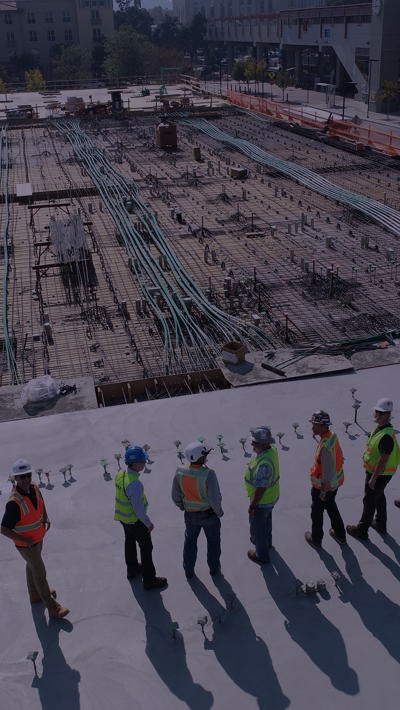Contents
What happens when you obtain a Construction Contracts Act adjudication determination and charging order against an insolvent party? Can they really be obliged to “pay now, argue later”?
These questions came before the Court in the recent Meltzer v Amstar New Zealand Limited [2020] NZHC 3510. We look at the practical implications of the decision.
Context
Lighthouse Property Development (No 1) Limited (Lighthouse) engaged Amstar New Zealand Limited (Amstar) to construct an apartment complex in Auckland.
After Practical Completion, the parties became embroiled in a payment dispute which was referred to adjudication. The adjudicator awarded Amstar $1,545,288.03 plus interest and costs and approved the issue of charging orders over the site.
Days later Lighthouse went into voluntary administration under Part 15A of the Companies Act 1993.
No enforcement of determination
The applicants, as administrators of Lighthouse, applied for directions that Lighthouse’s voluntary administration prevented Amstar from enforcing the adjudication determination.
Associate Judge Bell granted the application on the grounds that:
- section 239ABE of the Companies Act, which prevents the bringing or continuing of proceedings against a company in administration without the consent of the administrator or Court, barred Amstar from applying for the determination to be entered as a judgment of the District Court, and
- section 239ABG of the Companies Act, which prevents the bringing or continuing of enforcement processes in relation to company property without the consent of the administrator or court, barred Amstar from applying for and registering its charging order over the site.
Fund as substitute for charging order
Amstar cross-applied for an order that the applicants hold up to $2m of the proceeds of sale of the apartments as a substitute for its charging order. It said the order may be made under sections 239ADO, 239ADP and 239ADS, which confer a broad discretion to make orders protecting the interest of creditors.
His Honour refused the cross-application. There was no reason why funds should be set aside for Amstar, because neither the determination nor charging order gave Amstar priority over any other creditor. His Honour remarked:
“At the start of the administration Amstar was an unsecured creditor of Lighthouse for the amount of the adjudication determination and it has remained that. Its position is the same as that of other unsecured creditors. It has got worse only because interest has continued to accrue on the mortgages, so that there is less prospect of Amstar and other creditors receiving anything”.
Our comment
The judgment confirms that respondents in voluntary administration cannot be made to “pay now, argue later”. We expect the Court would have delivered the same outcome if the respondent had been in receivership or liquidation.
This suggests there is little value to an applicant in obtaining an adjudication determination against respondent who is or becomes insolvent. They will not gain priority over other creditors, and they will not necessarily establish their claim against the company.
A liquidator or receiver may be minded to accept the applicant’s claim at the amount of the adjudicator’s award, but is not bound to do so. They have the option of arguing now, paying later by referring the matter to the court for a decision.
In practice, claimants should carefully consider the financial position of the respondent, and whether a determination can be obtained and enforced while the respondent remains solvent, before commencing adjudication proceedings.







































































































